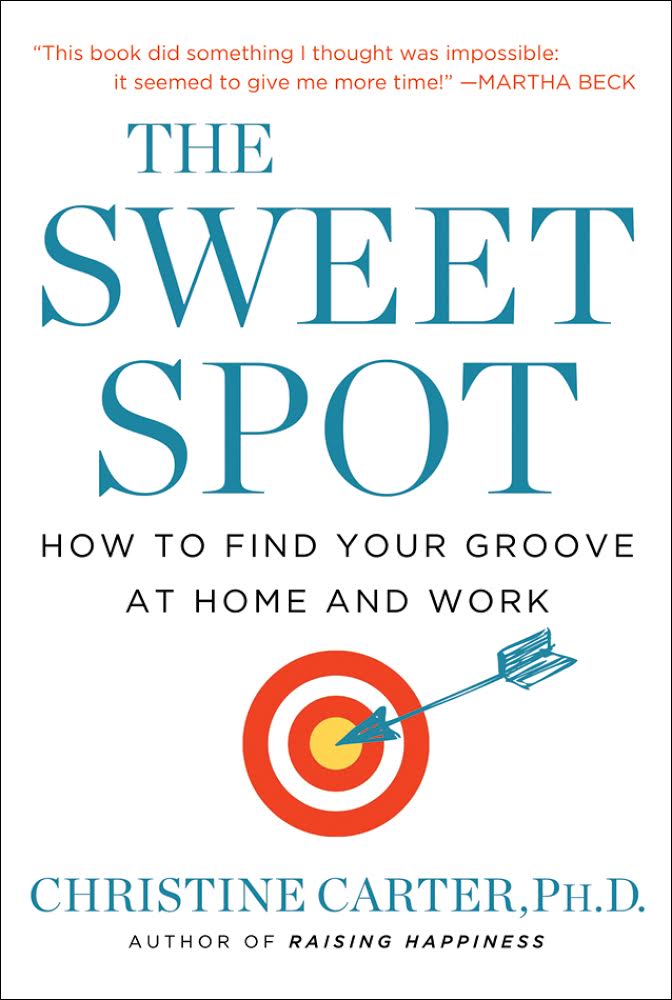Say you’re a gazelle on the African savanna and a lion tries to make you his dinner. He catches, instead, a nearby baby giraffe and rips it to shreds. You get yourself to safety, and because you are a gazelle and not a human, your heart settles back down and you treat yourself to some grass for dinner.
But imagine now that this happened to you—a human being. You’ve escaped the lion today, but for crying out loud, what about tomorrow? What about the children? Your brain keeps thinking terrifying thoughts about how you almost died and about the baby giraffe and the injustice of it all. And every time you think about the lion, your fight-or-flight response is activated again, and your body surges with fear and worry about something that is actually no longer happening.
This happens to us all the time. Something bad happens, and because of our evolutionary ability to plan and predict the future, we imaginatively (and then emotionally) keep making it happen for us again and again. Sometimes this is useful: It helps us avoid lions in the future.
But we also create a lot of unnecessary negative emotions by ruminating on negative events. This is like the reverse of savoring positive emotions; rumination amplifies and prolongs negative emotions. I’m all for feeling deeply, even if the emotions are difficult or negative, but we also need to move on once we’ve felt what we need to feel (see Chapter 3 for more about this).
When people hear that I encourage my coaching clients to move on from unpleasant feelings, many worry: “Well, make sure you aren’t denying their negative emotions,” they tell me, worrying that I’m “sending the message that bad feelings are bad and should be avoided.”
Rest assured, I do believe that all feelings, good or bad, are okay. I see emotions like sadness, frustration, anxiety, and jealousy as windows into our worlds, as part of the keel that balances and steers us. I am not encouraging anyone to just buck up, or stuff down bad feelings.
But sometimes enough is enough, and we need to move on from bad feelings.The truth is that rumination is bad for us. As psychologist Sonja Lyubomirsky explains in The How of Happiness:
Overthinking ushers in a host of adverse consequences: It sustains or worsens sadness, fosters negatively biased thinking, impairs a person’s ability to solve problems, saps motivation, and interferes with concentration and initiative. Moreover, although people have a strong sense that they are gaining insight into themselves and their problems during their ruminations, this is rarely the case. What they do gain is a distorted, pessimistic perspective on their lives.
Or as renowned compassion and mindfulness researcher Paul Gilbert has famously said, “Attention is like a spotlight—whatever it shines on becomes brighter in the mind.” So instead of continuing to shine a spotlight on negative events—mistakenly thinking that we are solving our problems by doing so—we need to turn our attention to positive distractions. Instead of thinking a negative thought, and then feeling a negative feeling, and then thinking the negative thought again and again and again, we need to picture a stop sign in our heads (really, I do this; I visualize a stop sign), and choose a strategy from Chapter 3 for fostering positive emotions.
Or we can employ my favorite Jedi mind trick for dealing with pain. It’s mindfulness. We can simply observe and become familiar with the tricks that our minds are playing on us. Watch your thoughts and emotions, and label them. “Oh look, I’m thinking that thought about my husband not being a good listener again.” Ask yourself how much you’ve bought into the thought, and if you are ready to let it go. “I’m really hooked by the idea that he isn’t compassionate, but that thought is making me feel despair. It isn’t getting me anywhere to keep looking for evidence that he isn’t compassionate. I’m ready to stop ruminating on this.” And then imagine that the thought that hooked you is now in a bubble or cloud, and let it float away.

Follow us here and subscribe here for all the latest news on how you can keep Thriving.
Stay up to date or catch-up on all our podcasts with Arianna Huffington here.


